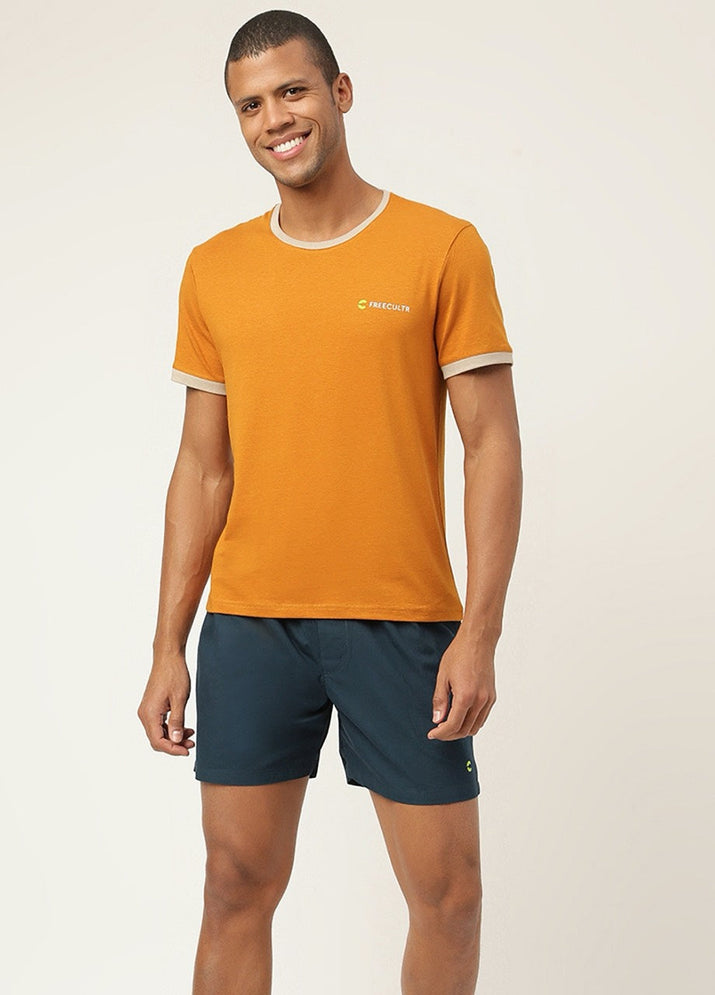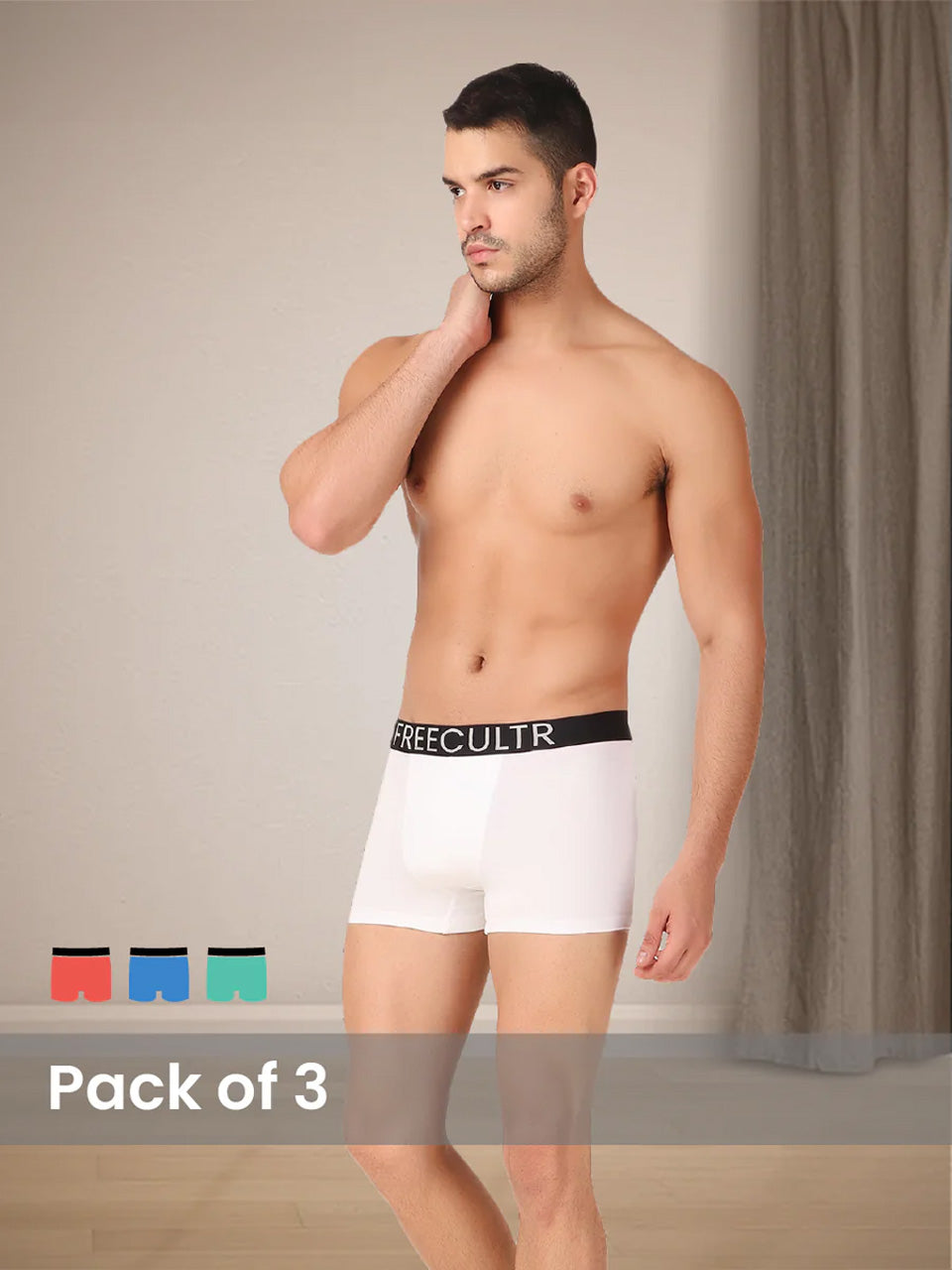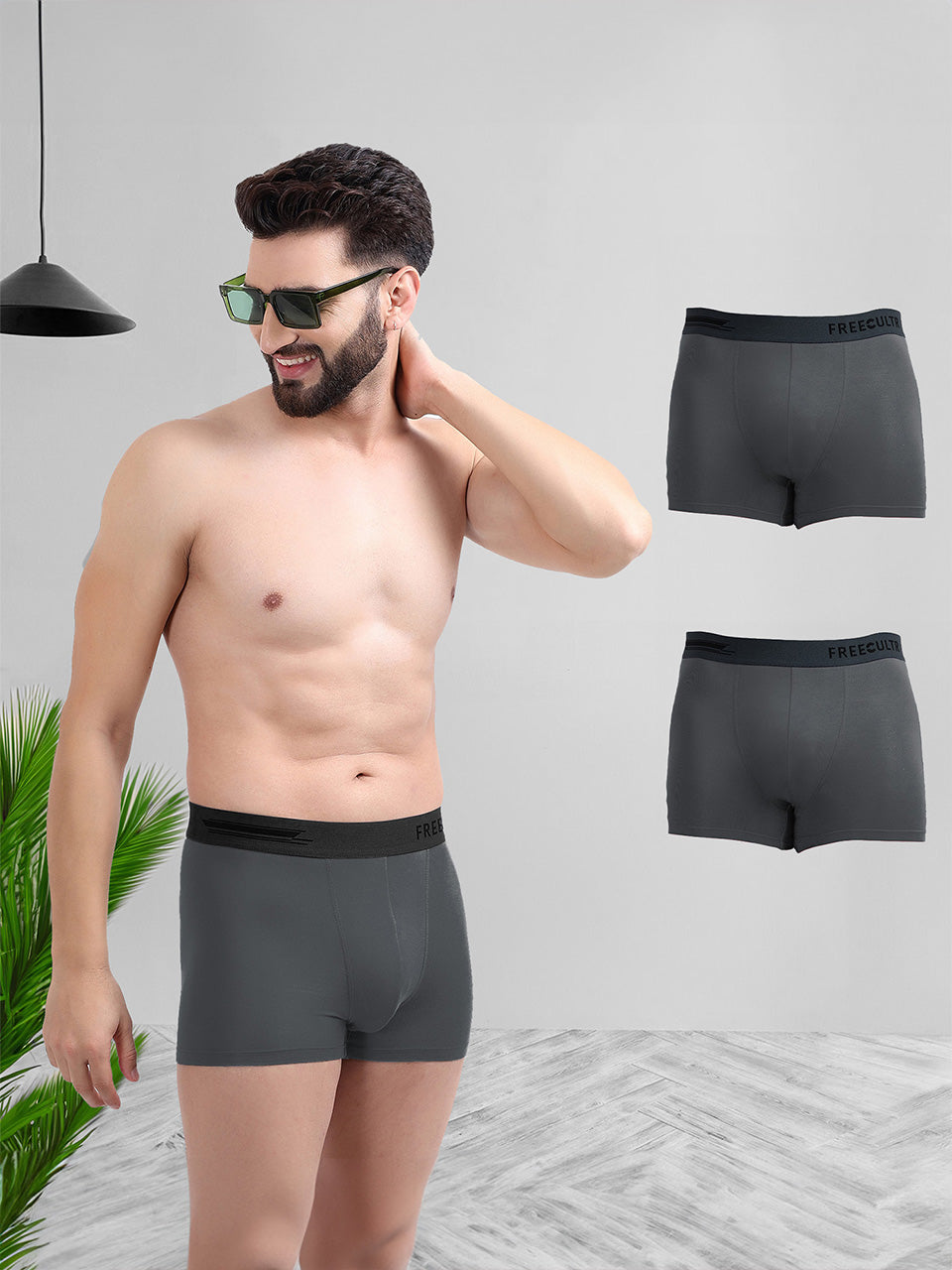The fashion industry, while booming with trends and innovation, often obscures the realities faced by garment workers. Consumer awareness is growing, pushing brands to address ethical concerns. Freecultr is responding to this demand by prioritizing fair wages and practices throughout its supply chain. We're moving beyond mere compliance to cultivate genuine partnerships with our manufacturers. This involves transparently tracking labor costs, ensuring safe working conditions. Empowering workers through skills development programs. By investing in these initiatives, Freecultr not only uplifts the lives of those behind the seams but also fosters a more sustainable and equitable future for the entire industry.

The Hidden Cost of Fast Fashion
The fashion industry, particularly fast fashion, often comes under scrutiny for its ethical implications. While consumers enjoy affordable and trendy clothing, the true cost is frequently borne by garment workers in developing countries. These workers often face:
- Unsafe working conditions
- Excessive working hours
- Extremely low wages
- Suppression of worker rights
This reality stands in stark contrast to the image of glamour and style that the fashion industry cultivates. Understanding the complexities of garment production is crucial for making informed purchasing decisions and supporting brands committed to ethical practices.
What Constitutes a Fair Wage?
Defining a "fair wage" isn't always straightforward. It's more than just a minimum wage; it's a living wage that allows workers to meet their basic needs and those of their families. This includes:
- Adequate food and housing
- Access to healthcare
- Education for their children
- Savings for emergencies
Organizations like the Fair Labor Association (FLA) and the Worker Rights Consortium (WRC) advocate for fair wages and safe working conditions in the garment industry. They provide guidelines and conduct audits to ensure factories comply with ethical standards. Moreover, initiatives like the Ethical Trading Initiative (ETI) bring together companies, trade unions. NGOs to improve working conditions and promote responsible supply chains. Calculating a true living wage considers the cost of living in a specific region, which can vary significantly.
Freecultr's Commitment to Ethical Sourcing
At Freecultr, we believe that Fashion and Comfort should not come at the expense of human dignity. We are deeply committed to ensuring that the workers who create our clothing are treated with respect and paid a fair wage. Our ethical sourcing strategy is built on the following pillars:
- Transparency: We are transparent about our supply chain, providing data about the factories we work with and their labor practices.
- Auditing: We conduct regular audits of our factories to ensure compliance with our code of conduct, which includes provisions for fair wages, safe working conditions. Freedom of association.
- Partnerships: We partner with organizations like the FLA and local NGOs to monitor and improve working conditions in our supply chain.
- Worker Empowerment: We support initiatives that empower workers to voice their concerns and negotiate for better wages and working conditions.
- Long-term Relationships: We prioritize building long-term relationships with our suppliers, fostering collaboration and shared responsibility for ethical production.
We comprehend that achieving a completely ethical supply chain is an ongoing process. We are constantly working to improve our practices and ensure that our commitment to fair wages and fair practices is reflected in every garment we produce.
Technologies and Practices for Ensuring Fair Wages
Several technologies and practices can help brands ensure fair wages and ethical production:
- Supply Chain Mapping: Using technology to map the entire supply chain, from raw materials to finished products, allows brands to identify potential risks and track compliance with ethical standards.
- Digital Auditing Platforms: These platforms streamline the auditing process, making it easier to collect data, identify areas for improvement. Track progress over time.
- Blockchain Technology: Blockchain can be used to create a transparent and immutable record of transactions throughout the supply chain, helping to ensure that workers are paid fairly and on time. Imagine a system where every step of the production process, from the cotton farm to the sewing machine, is recorded on a blockchain. This would create a verifiable trail of data, making it much harder for unethical practices to go undetected.
- Worker Voice Technology: These tools allow workers to anonymously report grievances and provide feedback on working conditions, giving brands valuable insights into the realities on the ground.
- Fair Wage Calculators: These calculators help brands determine the true cost of a living wage in a specific region, taking into account the cost of food, housing, healthcare. Other essential needs.
These technologies, combined with robust auditing and monitoring programs, can help brands create more ethical and sustainable supply chains.
Real-World Application: Freecultr's Factory Partnerships
Let’s take a closer look at how Freecultr implements these principles in practice. We partner with a select group of factories that share our commitment to ethical production. For example, our partner factory in Tirupur, India, provides:
- Fair wages that exceed the legal minimum wage and are benchmarked against living wage estimates.
- Safe and healthy working conditions, with regular safety inspections and training programs.
- Access to healthcare and other social benefits for workers and their families.
- Opportunities for worker empowerment, including worker committees and grievance mechanisms.
We regularly visit this factory and others to conduct audits, meet with workers. Ensure that our standards are being met. We also work closely with our suppliers to identify areas for improvement and implement solutions that benefit both workers and the business.
One specific initiative we implemented involved providing training to female garment workers on financial literacy and entrepreneurship. This empowers them to manage their finances effectively and explore opportunities for starting their own businesses in the future. We believe that investing in the well-being of our workers is not only the right thing to do. It also makes good business sense. Happy and healthy workers are more productive and engaged, leading to higher quality products and a more sustainable supply chain.
The Impact of Ethical Consumption
Consumers play a crucial role in driving change in the fashion industry. By making informed purchasing decisions and supporting brands committed to ethical practices, consumers can send a powerful message that fair wages and fair practices are non-negotiable. Here's how you can make a difference:
- Do Your Research: Look for brands that are transparent about their supply chain and have a clear commitment to ethical sourcing.
- Ask Questions: Don't be afraid to ask brands about their labor practices and how they ensure fair wages.
- Support Fair Trade: Look for Fair Trade certifications, which guarantee that workers are paid a fair price for their goods.
- Buy Less, Buy Better: Invest in high-quality, durable clothing that will last longer, reducing the demand for fast fashion.
- Spread the Word: Talk to your friends and family about the importance of ethical consumption and encourage them to make informed choices.
By choosing brands like Freecultr, you are directly supporting workers who are being treated with respect and paid a fair wage. You are also contributing to a more sustainable and ethical fashion industry.
Future of Fair Fashion
The future of fashion hinges on a collective commitment to fair labor practices. As technology evolves. Consumers become more conscious, transparency and accountability will become paramount. Freecultr is dedicated to continuously innovating and setting new benchmarks in ethical fashion, ensuring Fashion and Comfort are always synonymous with integrity and respect for every individual involved in bringing our clothing to you.
Conclusion
Looking ahead, Freecultr's commitment to fair wages and ethical practices isn't just a feel-good story; it's a sustainable business model poised for long-term success. We've proven that prioritizing workers translates to higher quality products and a more engaged workforce, ultimately benefiting you, the consumer. The future of fashion demands transparency. Freecultr is leading the charge. Consider this: supporting brands that value their employees is an investment in a better world. As consumers become increasingly conscious of the origins of their clothing, Freecultr is perfectly positioned to capture a growing market share. Our next steps involve expanding our fair-trade partnerships and implementing even more rigorous auditing processes. Join us in supporting a future where fashion is both stylish and ethical, one comfortable garment at a time. Let's build a movement, one purchase at a time, towards a more equitable and sustainable garment industry, ensuring fair treatment for garment workers globally. For more insights on ethical fashion, visit organizations like the Fair Labor Association. Fair Labor AssociationMore Articles
Soft, Sustainable. Stylish: Freeculture’s Edge Over Traditional BrandsWhat Makes Freeculture More Than Just Another Clothing Brand
Comfort Meets Culture: How Freeculture Redefines Basics Better Than Competitors
Not Just Another T-Shirt Brand: Why Freeculture is the Future of Innerwear
FAQs
Okay, so Freecultr talks about 'fair wages and practices.' But what does that actually mean for the people making my clothes?
Great question! It means we're committed to paying garment workers a living wage – one that covers their basic needs like food, housing, healthcare. Education for their kids, not just a minimum wage. We also ensure safe and healthy working conditions, fair working hours. Respect for workers' rights throughout our supply chain. We believe happy workers make better clothes!
How do you even know the factories you use are treating workers fairly? It seems hard to monitor that!
It is a challenge. We take it seriously! We partner with factories that share our ethical values and conduct regular audits to ensure they're upholding our standards. These audits aren't just a quick check – they involve in-depth interviews with workers and thorough inspections of the facilities. We also prioritize long-term relationships with our suppliers, which allows us to build trust and collaborate on improvements.
What happens if you find a factory isn't meeting your standards? Do you just ditch them?
We believe in working with our partners to improve. If we find issues, we develop a corrective action plan and provide support to help the factory meet our expectations. But, if a factory is unwilling to make the necessary changes or repeatedly violates our standards, we will discontinue our relationship. We won't compromise on our commitment to fair labor practices.
So, paying fair wages probably makes Freecultr clothes more expensive, right?
You're right, it does impact the price. But we believe it's worth it! We try to keep our prices as reasonable as possible by being efficient in other areas of our business. Think of it as an investment in a better world – you're not just buying clothes, you're supporting ethical production practices and helping to improve the lives of garment workers.
Besides fair wages, what other 'fair practices' are you talking about?
Beyond wages, we're committed to things like gender equality, ensuring workers have freedom of association (the right to form unions). Protecting workers from discrimination and harassment. We also strive for environmental sustainability throughout our supply chain, reducing our impact on the planet and creating a healthier workplace for everyone involved.
Is there a way I, as a Freecultr customer, can learn more about your ethical practices?
Absolutely! We're all about transparency. You can find more detailed details about our ethical sourcing and sustainability initiatives on our website. We also regularly share updates on our social media channels and are always happy to answer any questions you might have. Just reach out!
What's the long-term goal for Freecultr regarding worker rights?
Our vision is to create a truly ethical and sustainable fashion industry where all garment workers are treated with dignity and respect. We want to lead by example, inspiring other brands to prioritize fair labor practices and environmental sustainability. We know it's a long journey. We're committed to making a positive impact, one garment at a time!





